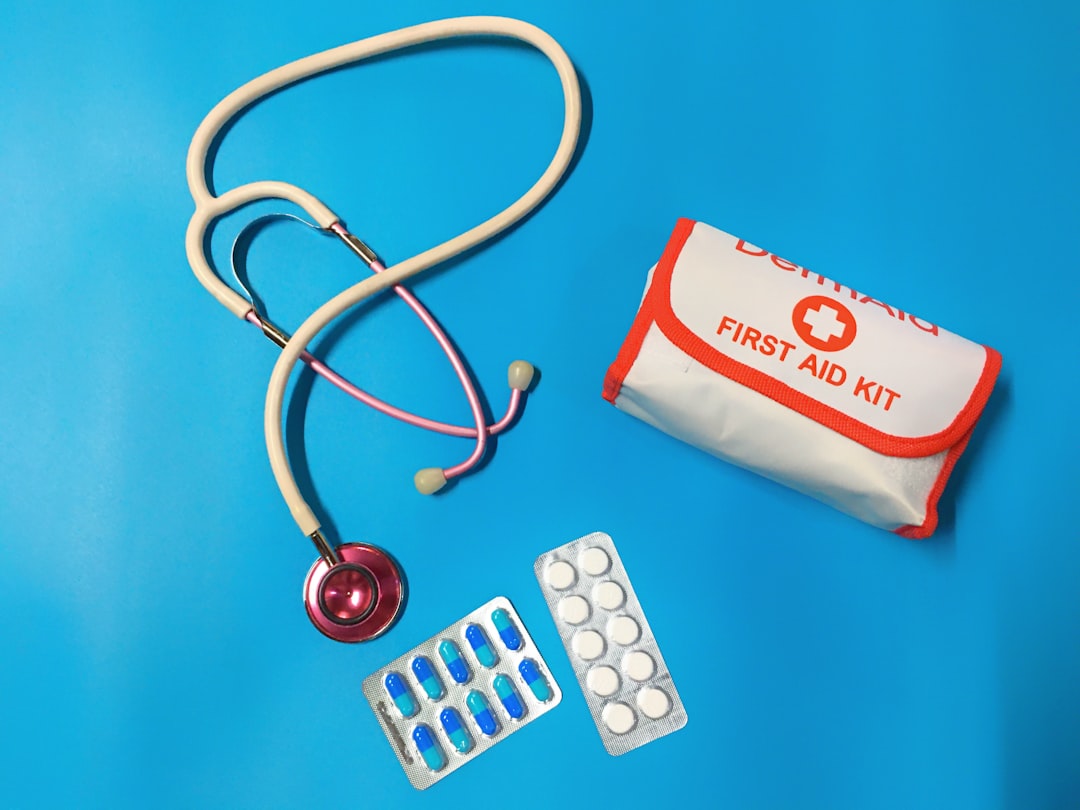ICYMI 👉
Question #1 (about how to find a good primary care physician) is free for everyone. Questions #2-4 (about building a healthy relationship with your doctor, finding a doctor for menopause; and leaving your doctor) are for paid subscribers only.
Click here to submit your questions (about anything) for future Q&A posts!
Disclaimer: The views expressed here are entirely my own. They do not reflect those of my employer, nor are they a substitute for advice from your personal physician.
QUESTION #1: FINDING A GOOD DOCTOR
I'd love a tip on finding a good doctor in the first place! We don't have a regular GP, and while we're fortunate to be healthy enough not to need regular care, it would be nice to have a consistent health care provider. -Beck
Dear Beck,
I’m so glad you asked! I feel strongly that everyone needs and deserves a good primary care doctor (or “GP”) in sickness and in health. Primary care doctors are not just there to fix problems when they arise; our job is to help prevent disease, promote wellness and to partner with patients to help them live longer and better.
Tragically the American medical system is geared more toward damage control than prevention, but primary care doctors are trained to be patient educators and advocates. It’s better to start that relationship when you feel well than to search for a GP when you’re in a pickle.

How to find a good primary care doctor? I’d start by looking in your insurance network; asking around in your social circles; and getting recommendations from any other doctors you see, your dentist, and other trusted healthcare providers.
Given the importance of the patient-doctor relationship, I suggest you consider the following questions when you meet with your new doctor:
Does he/she doctor engage in active listening? Clear communication lays the groundwork for trust. Next time you visit your doctor, check to make sure you’re being heard and understood.
Does he/she refer to medical evidence when making recommendations? I trust physicians (or anyone, for that matter) whose recommendations are rooted in data, not anecdotal evidence. A favorite expression from medical school: “In God we trust; everyone else must bring data.”
Does he/she refer to other clinicians (i.e., physical therapists, nutritionists, medical specialists) when there’s something she doesn’t know? Caring for patients is a team sport. Make sure your doctor is humble enough to know what she knows and what she doesn’t know. Trust me - no doctor knows everything!
I hope that helps.
If you like what you are reading, hit the ❤️ button on this post so more people can discover my writing on Substack! 🙏
COMMENT from my recent piece, Six Tips for Getting the Most out of Your Doctor Appointment (edited for length)
My primary care physician retired and I have a new doctor. The first meeting went very well. I like him, but he was leery of refilling my PRN Klonopin prescription for acute stress. I didn’t push the issue—I still had plenty and I use them sparingly. However, I’m girding myself for my next follow-up appointment. I’ve been using the drug for years, I know the risks, and it works for me. -SD
Dear SD,
Keep reading with a 7-day free trial
Subscribe to Are You Okay? to keep reading this post and get 7 days of free access to the full post archives.

